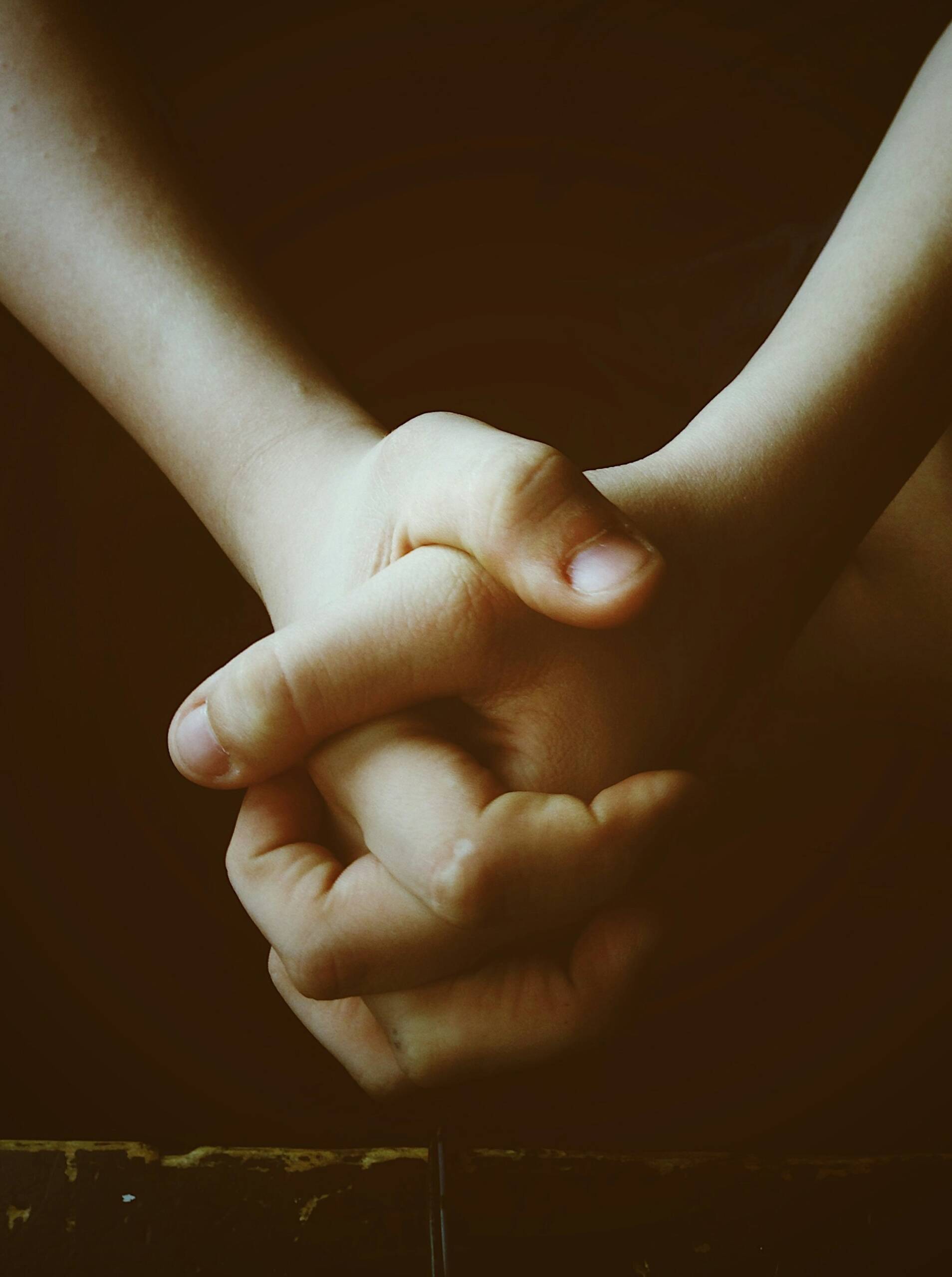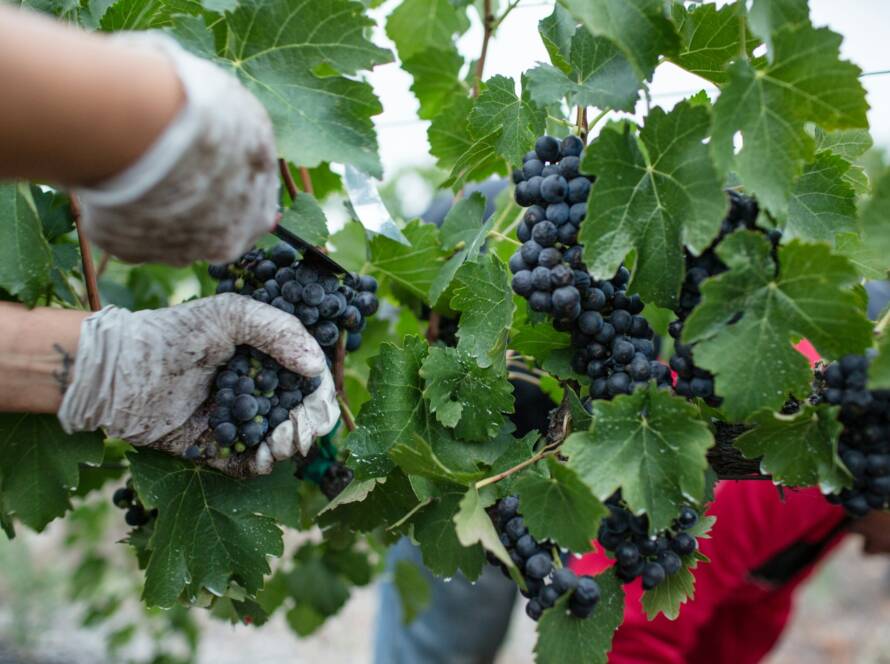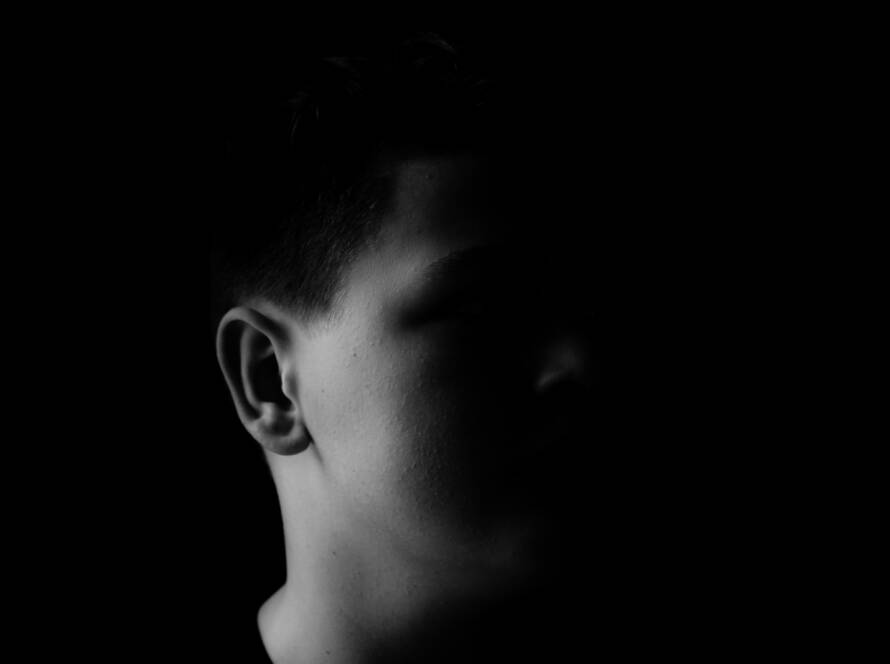“And everyone went to his own house. But Jesus went to the Mount of Olives.” —John 7:53-8:1
Once Jesus left the comfort of His home with Joseph and Mary, He became a homeless person. He traveled the countryside, preaching, teaching, and ministering. He often found His way back to the Mount of Olives, where I believe He spent many nights huddled under an olive tree, often cold and exhausted.
When an enthusiastic scribe told Jesus he would follow Him anywhere, Jesus said, “Foxes have holes and birds of the air have nests, but the Son of Man has nowhere to lay His head” (Matthew 8:20).
When Jesus told the rich young ruler to sell his possessions and distribute them to the poor, He meant, “If you want to follow Me, you will have to give up the comforts and security of this world.”
When I think about Jesus, the Savior of the world, curled up under an olive tree, sleeping alone, I realize that He gave up security and comfort as an example to us.
We too can let go of what this world has to offer, keep a light touch on it all, and allow the Kingdom of God to take precedence.
That’s a tough assignment in a culture driven by material needs.
But He taught us to pay attention to the poor, the hungry, and the needy because He understood their plight.
“Truly I tell you, whatever you did for one of the least of these brothers and sisters of mine, you did for me,” He said. He also said, “Truly I tell you, whatever you did not do for one of the least of these, you did not do for me” (Matthew 25:40,45, NIV).
Jesus spent His last night on the Mount of Olives praying for the strength to finish what His Father had sent Him to do. His disciples fell asleep, leaving Him alone.
Once again, He identified with those who struggle as He wrestled with what was to come. He could have commanded an army to save Him. He could have said, “Enough!” and gone to find a nice home and live a “normal” life. But He didn’t.
He stayed, and He prayed to His Father, “Your will be done.”
“It is impossible for a man who is warm to understand one who is cold.” —Alexander Solzhenitzyn



